
FromSoftware's Souls games have become synonymous with a level of difficulty that is both infamous and beloved. Since the release of Demon's Souls, the franchise has grown to include several titles, each offering a unique take on the studio's punishing game design philosophy. However, amid the shared hardship, some entries stand out as either more forgiving or more demanding. In this deep dive, we rank every FromSoftware Soulslike game from the easiest to the hardest, exploring what makes each title distinct and how they've shaped the landscape of challenging video games.
A Journey Through the Abyss: The Ranking
Elden Ring: The Gateway to Grandeur
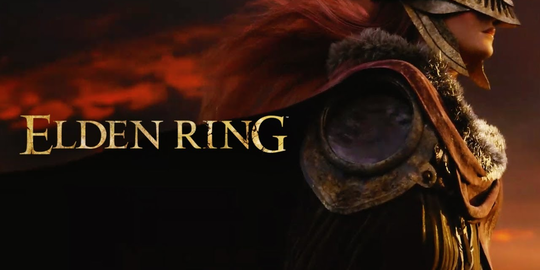
Elden Ring, the latest masterpiece from FromSoftware, has catapulted the Souls genre into the mainstream limelight like never before. Its open world, brimming with secrets and challenges, offers a more approachable introduction to the Soulslike experience. The game ingeniously allows players to tailor the difficulty to their liking, thanks to the sprawling world full of diverse environments. Elden Ring's checkpoints are plentiful, making the sting of defeat slightly less painful, and the addition of summons provides a welcome hand in dire situations. While still challenging, especially during boss encounters, Elden Ring's design philosophy embraces a broader audience, making it the most accessible entry point into the series.
Bloodborne: A Dance with Darkness
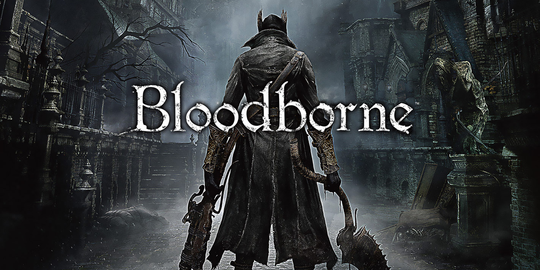
Bloodborne is a gothic masterpiece that trades the defensive play of its predecessors for a more aggressive, action-packed experience. The game encourages players to face their fears head-on, rewarding bold tactics with life-saving health regeneration. With its faster pace and unique weapons, Bloodborne offers a different kind of challenge, one that feels slightly more forgiving once players adapt to its rhythm. The DLC, The Old Hunters, significantly ramps up the difficulty, featuring some of the most memorable and challenging boss fights in the series. However, the base game's blend of atmosphere and action secures Bloodborne as a challenging yet approachable entry in the Souls catalog.
Dark Souls III: The Refined Challenge
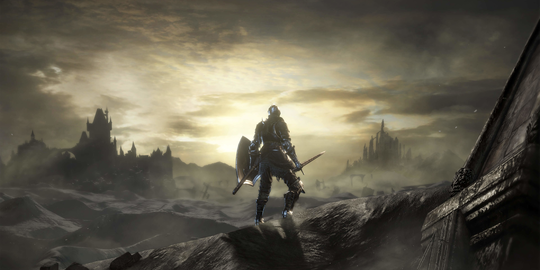
Dark Souls III represents the culmination of lessons learned throughout the series, delivering a polished and streamlined experience. The game finds a balance between the methodical combat of Dark Souls and the aggressiveness of Bloodborne. New gameplay systems and a variety of defensive options allow players to tailor their approach to combat, making the challenge feel fair. While the early bosses might offer a gentler introduction, the game's later content, especially the DLCs, provides the punishing difficulty fans have come to expect. Dark Souls III's blend of accessibility and depth makes it a standout entry in the series.
Dark Souls: The Balanced Descent
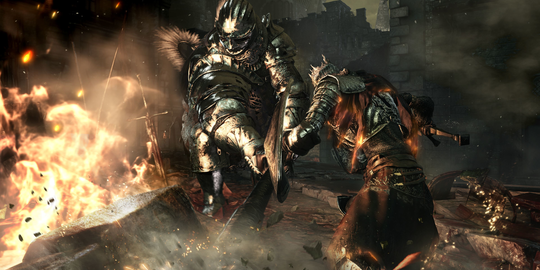
Dark Souls is where many players first encountered the brutal reality of a FromSoftware game. Its interconnected world offers a rewarding exploration experience, but the game doesn't shy away from punishing the unprepared. The absence of certain quality-of-life features present in later titles adds to the challenge, but also to the satisfaction of overcoming its obstacles. Dark Souls represents the quintessential Souls experience, striking a balance between difficulty and fairness.
Demon's Souls: The Harsh Beginning
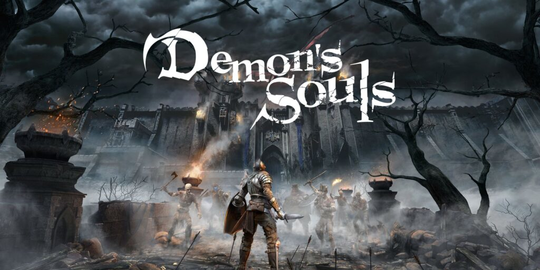
Demon's Souls set the foundation for the Soulslike genre with its unforgiving mechanics and oppressive atmosphere. The game's difficulty is accentuated by the penalty of halving the player's health upon death, creating a high-stakes environment where every encounter matters. While the 2020 remake by Bluepoint Games addressed some balance issues, it preserved the demanding nature of the original, offering a pure Souls experience that tests the mettle of even the most seasoned players.
Armored Core VI: Fires of Rubicon: A New Battlefield

Armored Core VI: Fires of Rubicon takes the Soulslike formula to a new frontier, merging FromSoftware's signature difficulty with high-speed mech combat. This title challenges players to adapt to a different style of play, where quick reflexes and strategic positioning are key to survival. The game's focus on customization offers numerous strategies to tackle obstacles, but the core challenge remains as daunting as ever, providing a fresh yet familiar test of skill.
Dark Souls II: The Controversial Peak

Dark Souls II stands as the black sheep of the Souls family, criticized for its inconsistent design and perceived lack of creativity. Despite this, it introduces mechanics that elevate the difficulty in unique ways, such as the gradual reduction of maximum health with each defeat. The game's level design and boss encounters often feel unfairly punishing, making it a divisive yet undeniably challenging entry in the series.
Sekiro: Shadows Die Twice: The Ultimate Test
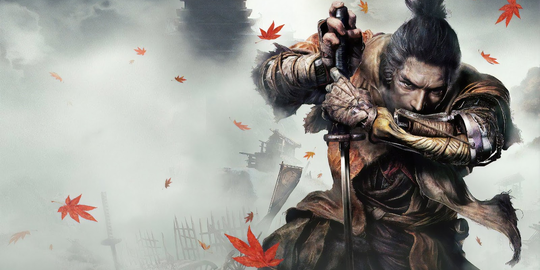
Sekiro: Shadows Die Twice strays from the traditional Souls formula by emphasizing skill-based combat and eschewing RPG elements like leveling up. It demands absolute mastery of its mechanics, offering little room for error and no alternative paths to ease the difficulty. Sekiro's focus on precision and timing represents the pinnacle of FromSoftware's challenge, making it the hardest game in the studio's Soulslike lineup.
Conclusion: Embracing the Challenge
FromSoftware's Souls games are more than just tests of patience and skill; they are intricate experiences that reward exploration, persistence, and growth. Each title, from the open-world exploration of Elden Ring to the relentless precision of Sekiro, offers a unique take on the formula that has captivated players around the world. While the difficulty of these games might be daunting, it's the sense of accomplishment that comes from overcoming their challenges that keeps players coming back. As FromSoftware continues to evolve and expand its library, the Soulslike genre remains a testament to the beauty of mastering the seemingly impossible.